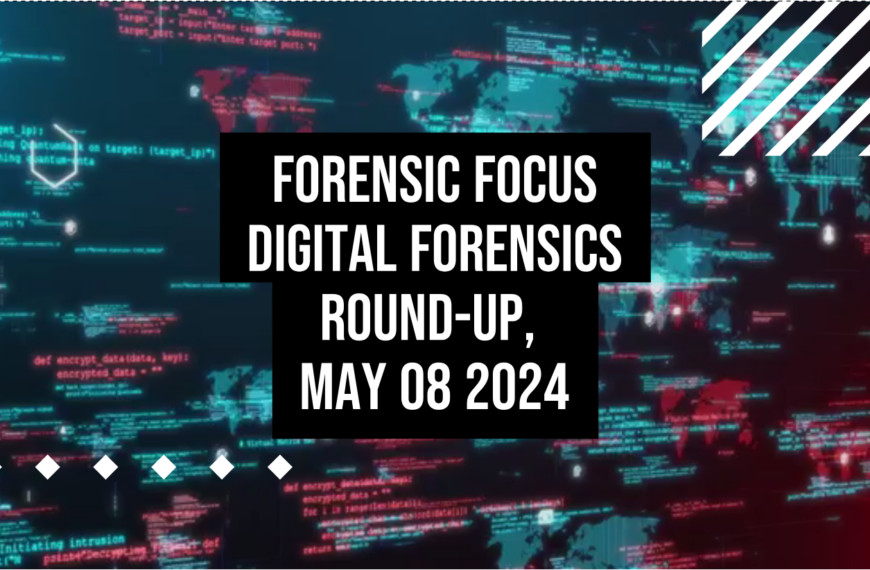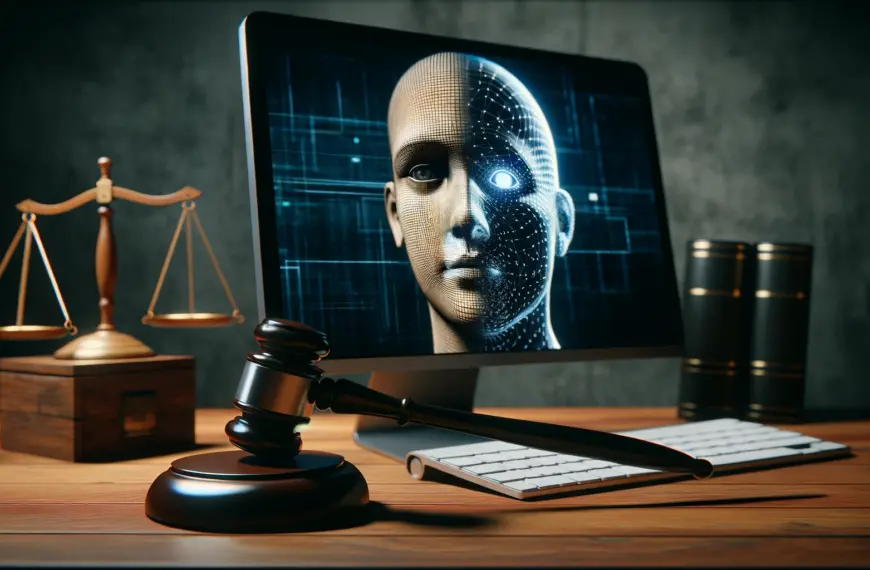Ana Cash, MSISA, CEH, CHFI is a Technology & Cybersecurity Instructor at the College of Western Idaho.
FF: Please tell us a bit about your background, including your time as a Forensic Evidence Specialist, and how you started teaching at College of Western Idaho.
I spent seven years working as a Forensic Evidence Specialist for the Idaho State Police (ISP) Forensics Region 5 laboratory. During that time, I helped teach law enforcement officers how to package their forensic evidence so that it would make it through all of the stages of a court case (and would not be thrown out for improper packaging or documentation). I also provided expert testimony in local, state, and federal court on evidence handling policies and procedures. Each time I was called to testify, chain of custody was integral to my testimony. So now I make sure to teach my students about it in every section I have that talks about digital forensics and evidence packaging. While I worked for the forensic lab, I was encouraged by Don Wyckoff (who was the Lab Manager at that time and later went on to work for the American Society of Crime Laboratory Directors / Laboratory Accreditation Board) to seek my Bachelors in Information Technology with a minor in Cybersecurity. He saw my aptitude for computers and digital forensics and suggested I seek further education. His encouragement was the first step towards my current career.
After earning my BS in Information Technology, I wanted to specialise in Cybersecurity so I entered a Masters program at Western Governors University for Information Security and Assurance. Part way through my degree I found out that there were no opportunities locally for Cybersecurity within ISP. I transferred to an Information Technology position with the Pocatello/Chubbuck School District so that I could start using my skills in my job. I quickly realized that I loved teaching people how to be more self sufficient when using technology and I especially loved teaching them how to protect themselves from Social Engineering scams. I was asked to teach a series of Professional Development classes to the teachers at the school district. I loved it.
After that first taste of teaching, I decided that I wanted to teach Cybersecurity topics every opportunity that I could. I was asked to sit on a committee developing Cybersecurity curriculum for the State of Idaho Career Technical Education. While on that committee I met a wonderful Cybersecurity Professor, named Dr. Linda Otto, who happened to work for College of Western Idaho. When she told me they were looking to hire a new instructor I was enthusiastic about the opportunity. I was lucky enough to be chosen and I have worked for CWI for a little over a year now.
FF: What digital forensics courses and research opportunities does your department offer? What can students expect to learn?
The College of Western Idaho currently teaches Introduction to Digital Forensics. When I taught this class last fall, I taught my students many of the topics covered in the Computer Hacking Forensic Investigator certification materials. I also created special labs in which we used simulated case files created by National Institute of Standards and Technology (NIST) with the program Autopsy. They were able to investigate these fake case files like they were on a real case and see what kinds of materials could be hidden when working with law enforcement. I believe teaching students the basics is great but when we used Autopsy with these cases created by NIST, it really drove home exactly how complicated a digital forensics case can be. I had a few students that even asked for additional resources because they were so enthralled with the process!
From our course catalogue: CSEC-257 Intro to Digital Forensics (4 Credits) Forensic methods and techniques in the collection, processing, and analysis of digital evidence. PRE/COREQ: CSEC 255.
Requisites: Students must have successfully completed or be enrolled in CSEC-255 in order to begin this course.
FF: Are there any common misconceptions new students have about digital forensics?
I think the most common misconception is that there is no paperwork in digital forensics. When I explained how important documentation was in every step of the investigation process, a lot of students were surprised and even a bit baffled. I think there is a misconception fostered by popular TV shows like NCIS and Criminal Minds (among others) that EVERYTHING is digital and FAST. I had to explain rules about records retention, digital forensic copies (never working on the original digital evidence) and duplication, and of course the ever-important chain of custody forms. I even explained that taking handwritten notes and sketching things at crime scenes was important.
FF: What are the main challenges of teaching digital forensics? What do you find most rewarding about your role?
The main challenge is time. It’s such a huge topic and I want to make sure that the students also get practical experience while they are learning the theory. That can be a bit overwhelming when learning something that has a lot of new concepts. But the most rewarding part is when students get excited about using new tools and processes. When they ask: “Hey are there more of these NIST files that we can check out?” Just because they want more experience with the tools. I get excited when the students get excited to learn more.
FF: Are there any specific industries or sectors that your students typically want to move into?
I speak often about how Cybersecurity is such a large industry now. There are several sub-industries within it. There seems to be a growing interest in Data security and secure Database management. Most of my students are looking to get into entry level positions or internships so they can get experience and they are just starved for on-the-job experience. The jobs they ask the most about are:
- IT Security Analyst
- Penetration Testing
- Database Security
FF: How easy is it, currently, for your graduates to find entry-level positions?
I won’t say it is easy because I know that all of my students who are now in the field went through several job interviews and applied to a lot of positions before they got into their current positions, but I believe most of my students are now in Cybersecurity positions. And all of them are working in Information Technology of some sort. This is in less than one year after they graduated from the program. A lot of them were in the process of looking for jobs during their last semester and we talked a lot about resumes and good resources for job hunting. Some even switched jobs before they graduated so I know that the program teaches valuable skills that the IT community obviously values.
FF: One of the questions we’re often asked at Forensic Focus is “how do I get started in a digital forensics career?” What advice would you give? What qualities do you think are most important for work in this field?
One of the best pieces of advice I was given was, “get your general information technology knowledge first and then specialize”. Which incidentally is what our Cybersecurity program does. The entire first year is basics before they can get to the more specialised Cybersecurity aspects. That way they have a solid foundation of knowledge to stand on and they do not have weak basics that will fail them later when they are on the job.
FF: How important is it for academia, law enforcement and the private sector to work together?
I think this is crucial to expanding the overall knowledgebase, especially in Digital Forensics. If you do not combine the three sectors together you miss vital pieces of technology and software that other sectors are not exposed to. Then if you have someone in another sector that runs into an issue, they have no one to turn to for help. I belong to the High Technology Crime Investigation Association (HTCIA) which allows people in these three sectors to speak to each other about important advances in the field. I have learned more from reading their email list this last year than I have in some classes!
FF: What would you most like to see changed or improved in the field of digital forensics?
Communication. There is a lot of misconception about what Digital Forensics actually is and I think that is down to the fact that most people outside of the field are not being communicated with. I think it is important for Digital Forensic experts to reach out to other Information Technology communities to offer their expertise and provide networking opportunities.
FF: What do you enjoy outside of digital forensics?
I enjoy spending time with my family. I am a huge Star Wars and Lego nerd. I have a 5th degree black belt in Shōrin-ryū Karate. I do rescue work with my local humane society and other animal rescue groups. I am also an avid gamer and I enjoy playing video games when I have the time.
If you’d like to connect with Ana, you can find her on LinkedIn (login required).















